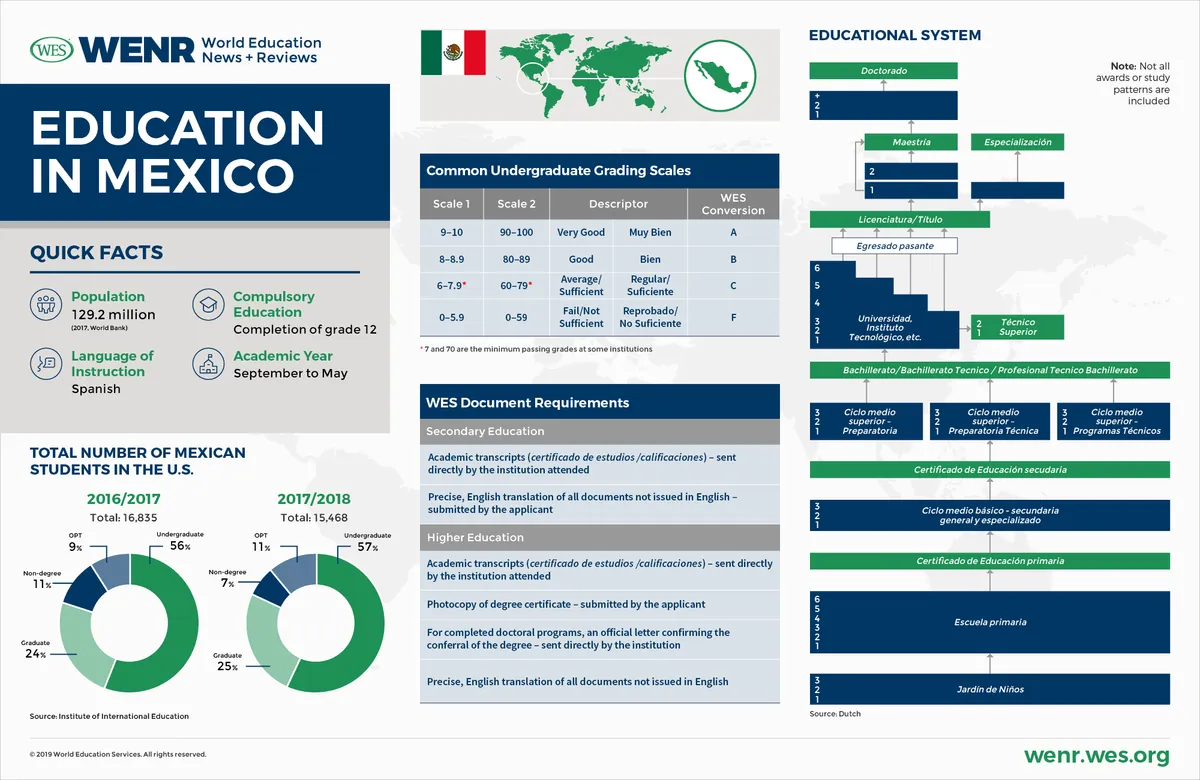Mexico's Ruling Party Secures Supermajority in Lower House
Mexico's electoral authority confirms Morena and allies' two-thirds majority in the Chamber of Deputies. The ruling coalition's 364 seats allow for constitutional amendments without opposition support.

Mexico's electoral landscape has undergone a significant shift as the National Electoral Institute (INE) confirmed the ruling party's dominance in the lower house. The National Regeneration Movement (Morena) and its allies have secured a two-thirds supermajority in the Chamber of Deputies, set to take effect when the new legislative session begins in September 2024.
The INE, Mexico's autonomous electoral authority established in 2014, announced that Morena and its coalition partners have obtained 364 seats in the 500-member Chamber of Deputies. This surpasses the 334-vote threshold required for a two-thirds majority, granting the ruling coalition unprecedented power to amend the constitution without needing to reach consensus with opposition parties.
This development follows the June 2, 2024 elections, which have been subject to extended debate regarding seat distribution. Opposition parties contested the allocation, arguing that the ruling coalition should have been awarded fewer seats based on an interpretation of the electoral system that prioritizes representation by individual parties rather than coalitions.

Mexico's political system employs a mixed electoral method, combining first-past-the-post and proportional representation. The Chamber of Deputies consists of 500 seats, with 300 elected through plurality voting and 200 through proportional representation. This system, along with gender quotas, aims to ensure balanced representation across the political spectrum.
The confirmation of Morena's supermajority marks a significant moment in Mexican politics. Founded in 2014 by Andrés Manuel López Obrador, Morena has rapidly ascended to become the dominant force in the country's legislative landscape. This shift is particularly notable given Mexico's transition from the 71-year rule of the Institutional Revolutionary Party (PRI), which ended in 2000.
With this supermajority, Morena and its allies now possess substantial influence over Mexico's legislative agenda. The ability to amend the constitution, which has been modified numerous times since its promulgation in 1917, without opposition support, grants the ruling coalition unprecedented power to shape the country's legal framework.
As Mexico prepares for the new legislative session, all eyes will be on how Morena and its allies utilize their supermajority. The outcome of this electoral process underscores the evolving nature of Mexico's multi-party system and the continuing transformation of its political landscape.
"The National Electoral Institute confirms that Morena and its coalition partners have secured 364 seats in the Chamber of Deputies, exceeding the two-thirds majority threshold."
This development sets the stage for a potentially transformative period in Mexican politics, with implications that could resonate well beyond the current three-year legislative term.


































